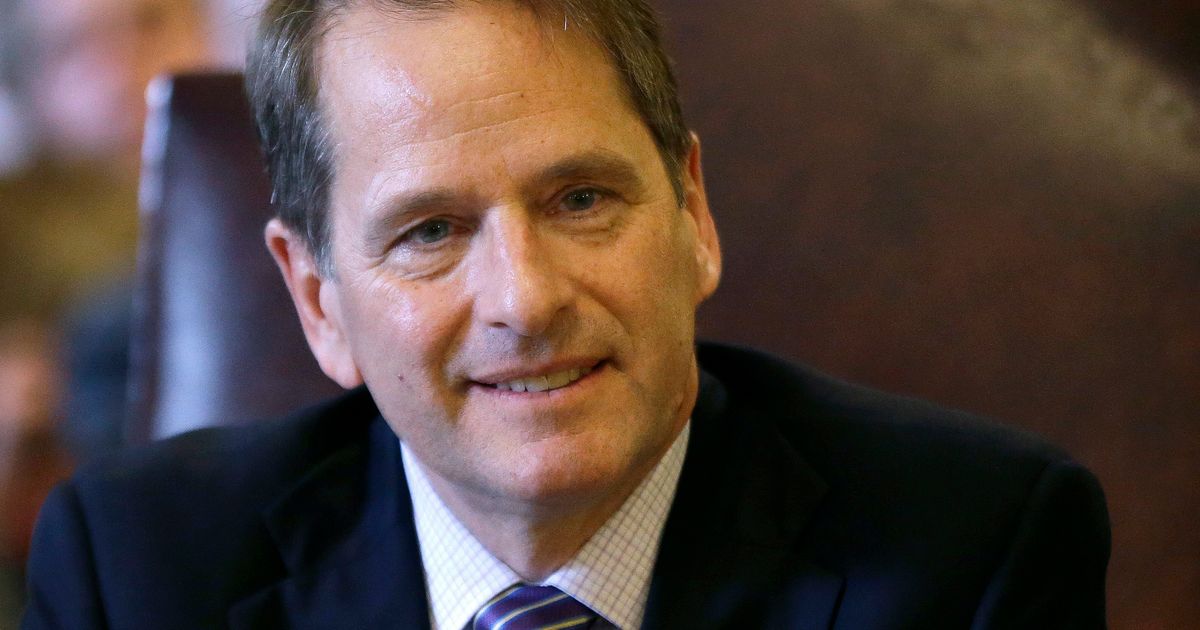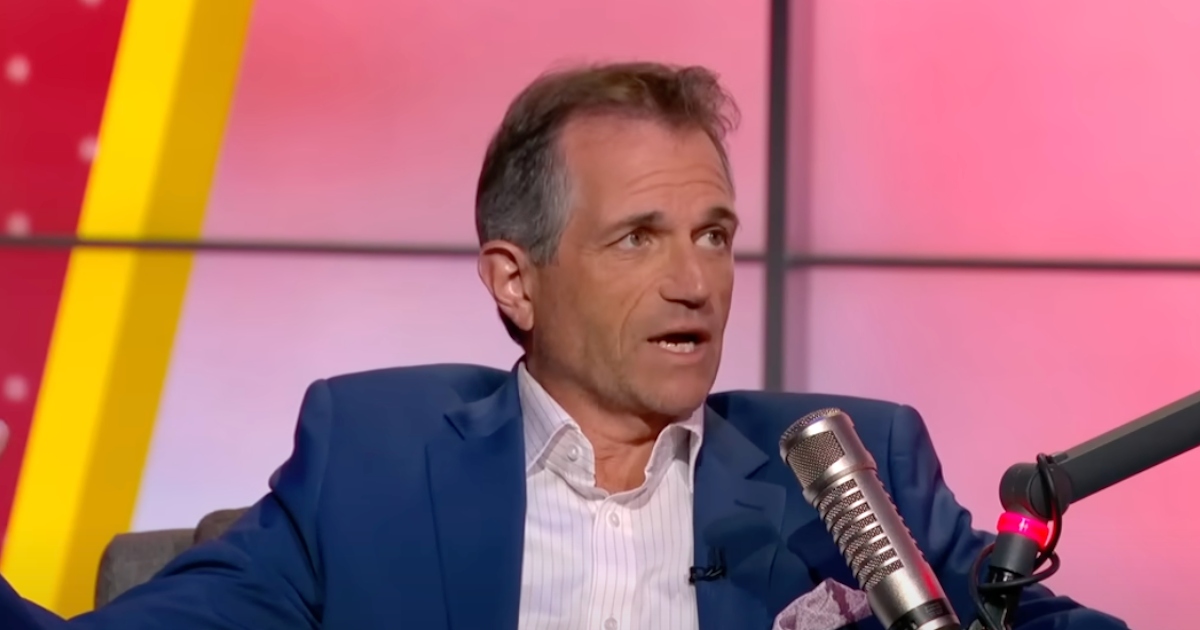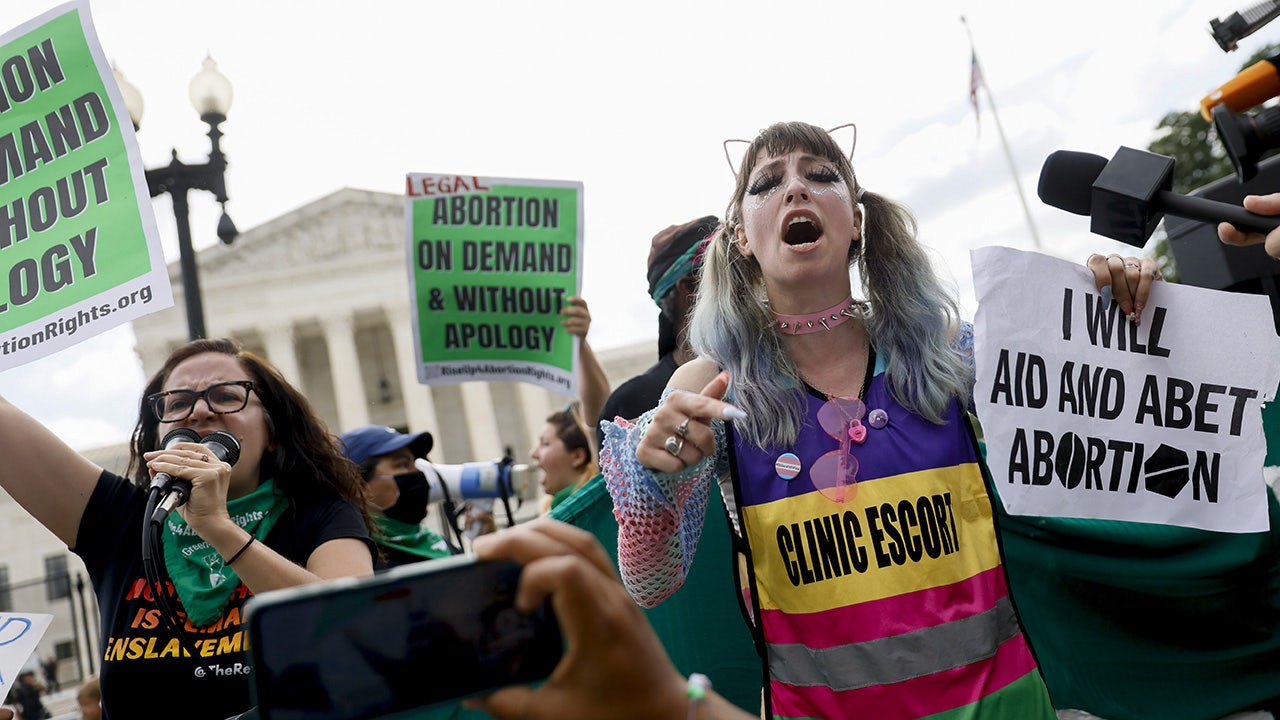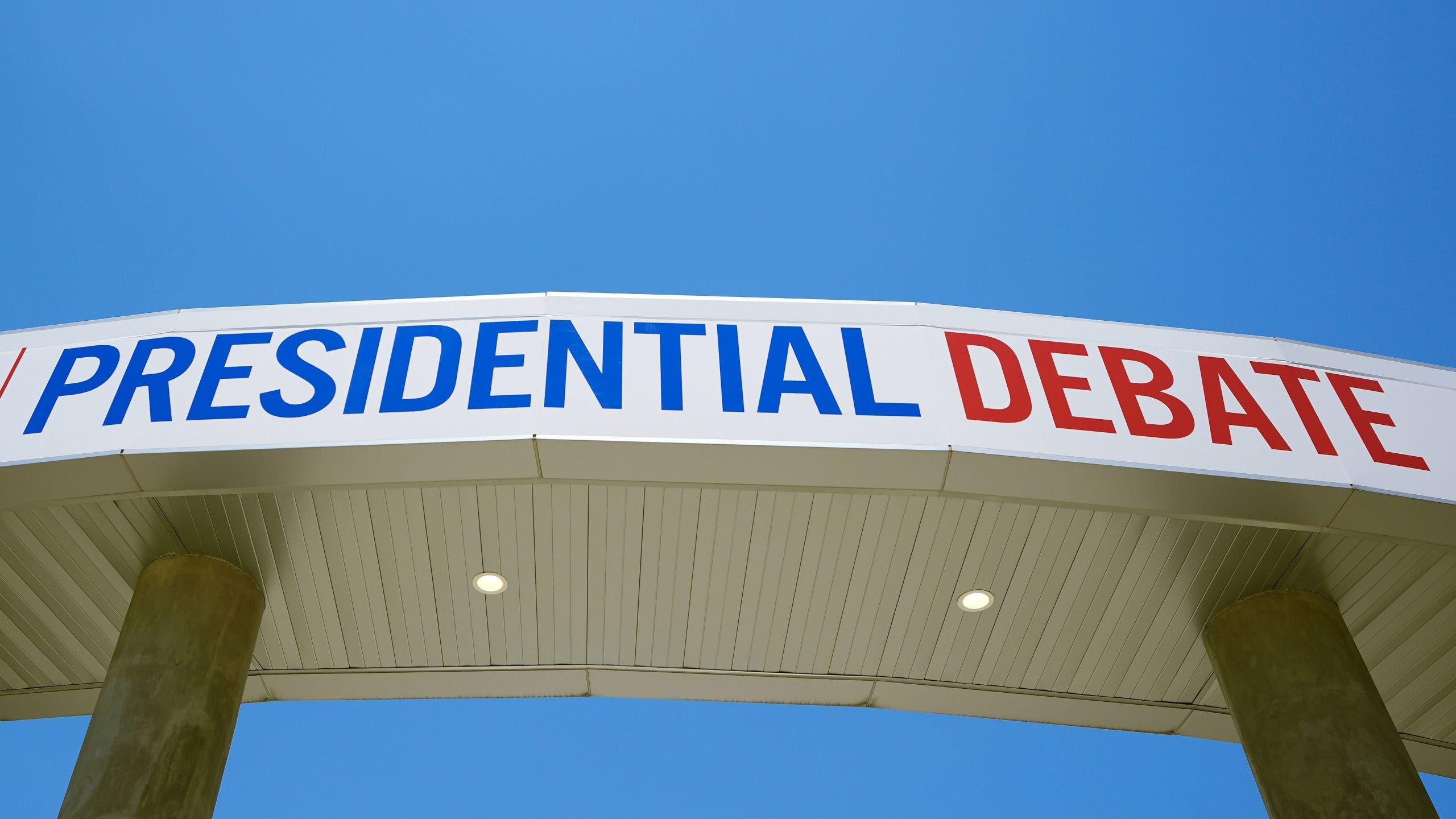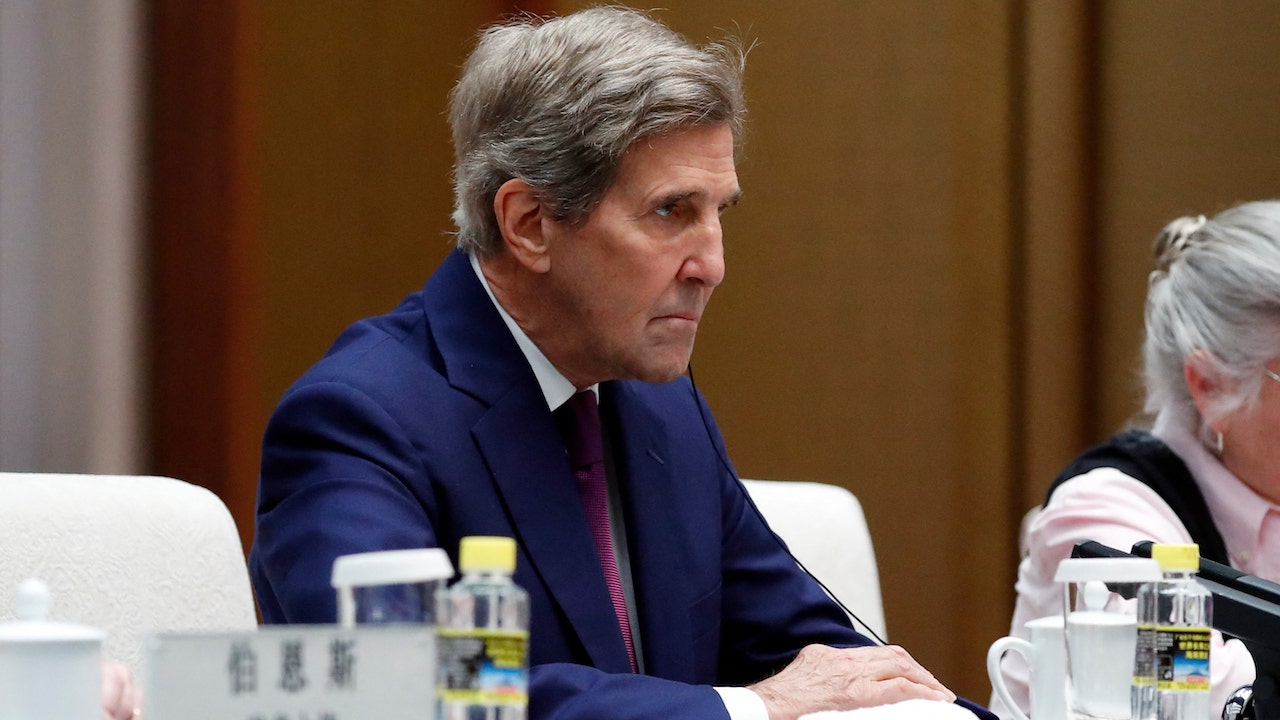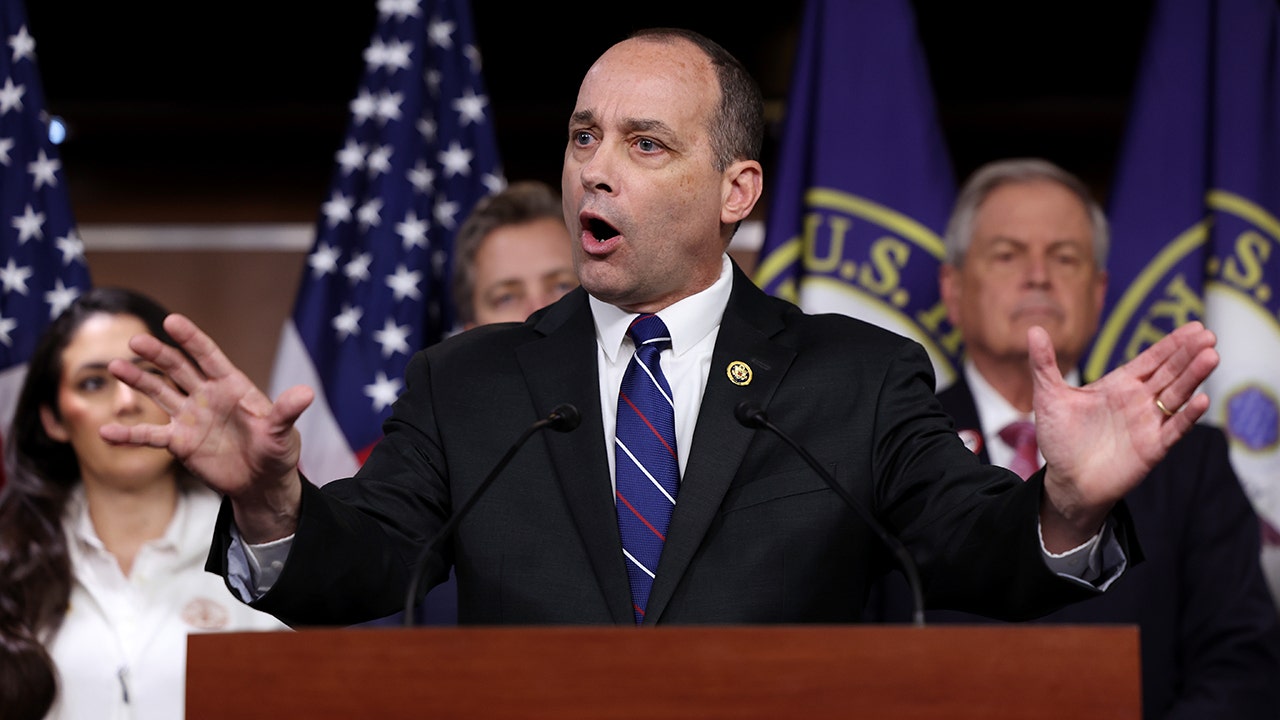CONCORD, N.H. (AP) — A private school teacher who says she was fired after driving an 18-year-old student to get an abortion is suing New Hampshire’s Department of Education and officials she says falsely suggested she circumvented state law.
New Hampshire law requires parents to receive written notice at least 48 hours before an abortion is performed on an unemancipated minor. But in this case, the student wasn’t living with her parents and was a legal adult, according to the lawsuit filed Monday.
The teacher, who filed the suit as “Jane Doe,” said she provided the student with contact information for a community health center last fall when the student disclosed her suspected pregnancy and later gave her a ride to the appointment in October. The school fired her within days and referred the matter to the Department of Education, which revoked her teaching license earlier this month.
The lawsuit says the department exceeded its authority and violated her due process rights by revoking her credentials without a fair and impartial process. And it accuses Education Commissioner Frank Edelblut of pushing a false narrative of her conduct via an opinion piece he published in April.
The essay, titled “Thank God Someone is Looking Out for the Children,” was published in response to New Hampshire Public Radio reports critical of the commissioner. In it, Edelblut asked rhetorically whether the department should “turn a blind eye” when “allegedly, an educator lies by calling in sick so they can take a student – without parental knowledge – to get an abortion.”
According to the lawsuit, department officials knew for months prior to the essay’s publication that the student in question was an adult and thus not subject to the parental notification law.
Kimberly Houghton, spokesperson for the department, declined to comment on its investigation of the teacher and referred questions about the lawsuit to the attorney general’s office. Michael Garrity, spokesperson for that agency, said Wednesday that officials are reviewing it and will respond in due course. Attorneys for the teacher did not immediately respond to a request for comment.
The teacher’s firing was first reported last week by The Boston Globe, based on investigatory records it requested from the Education Department. The lawsuit said the department’s “biased and stilted disclosure” of information that should have remained confidential until the case was settled created a misleading narrative that damaged the teacher’s reputation and put her at risk.
A hearing is scheduled for July 3, five days before the teacher is set to begin a new job.





